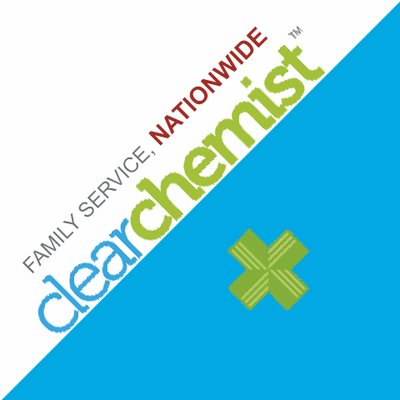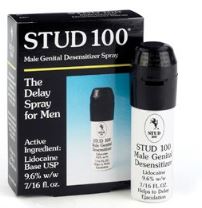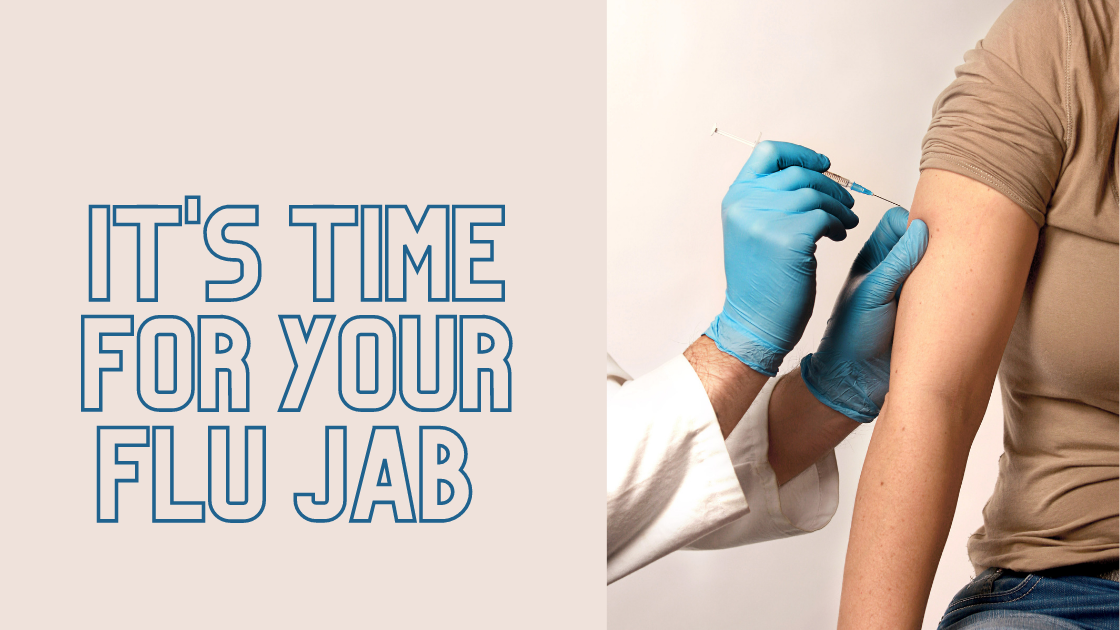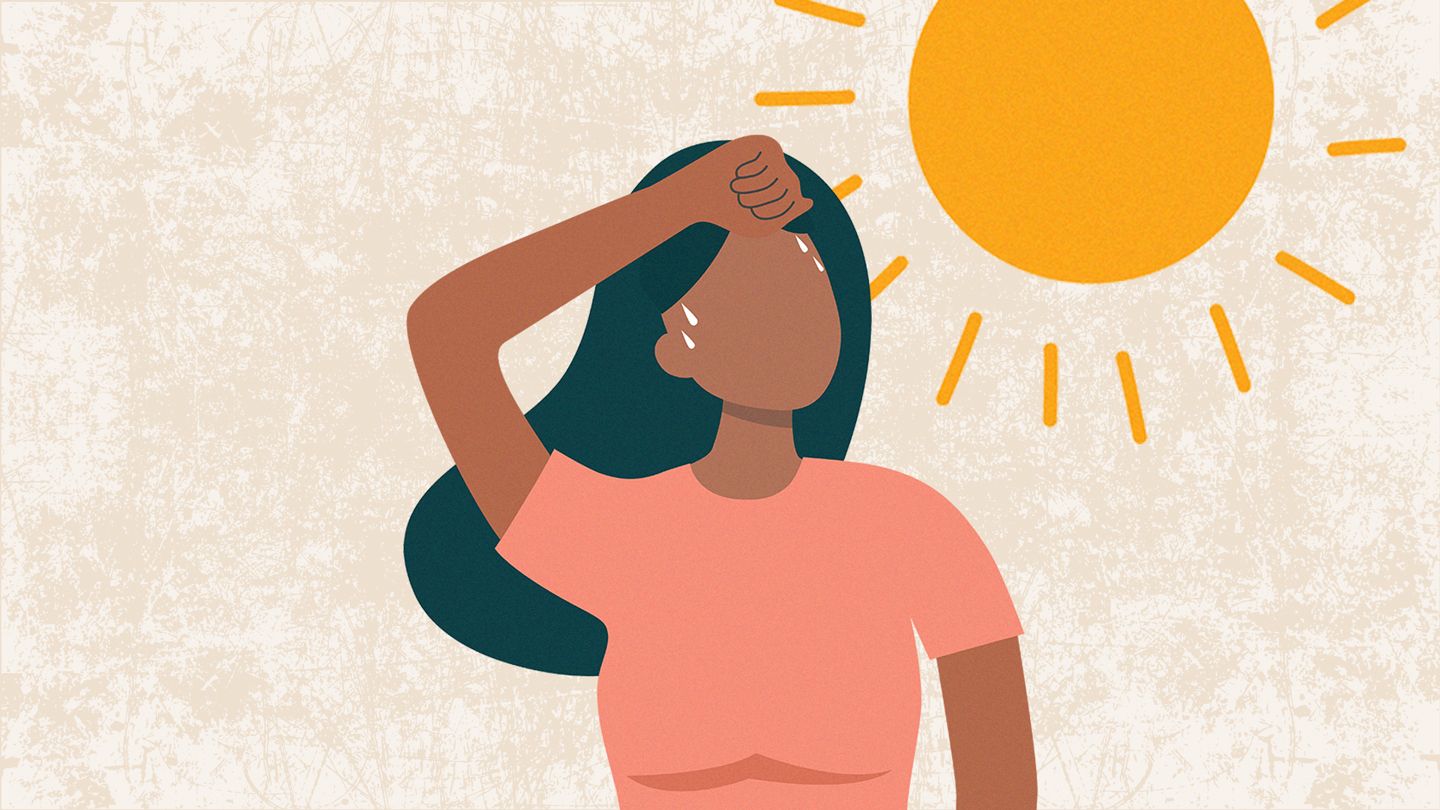For the past few years, you may have noticed that when November rolls around, there is a lot of facial hair out. That's probably because men are participating in moustache proliferation: growing out their facial hair from the first of the month for the Movember Foundation and raising awareness for men's health, shining a light on issues such as prostate cancer, testicular cancer, poor mental health, and physical inactivity.
Take a minute to review some of the health facts below to see why we feel that supporting men’s health initiatives are so important:
- Testicular Cancer is the most common Cancer in men aged 25-49.
- 1 in 2 men will be diagnosed with cancer in their lifetime.
- 12.1% of men 18 years and over are in fair or poor health.
- 1 in 7 men will be diagnosed with prostate cancer in his lifetime.
- Every 19 minutes, a man loses his life to prostate cancer.
- Risk of being diagnosed with prostate cancer increases with age.
- Testicular cancer is the most common cancer in young men aged 15 – 35 years.
- 9% of men survive testicular cancer for at least one year, and this is predicted to fall slightly to 98% surviving for five years or more.
Symptoms of testicular cancer include:
- A lump in either testicle.
- An enlarged (swollen) testicle.
- A dull ache in the lower abdomen or groin.
- A sudden gathering of fluid in the scrotum.
- Feeling of heaviness in the scrotum.
- Low back pain.
- Swollen breasts.
If you recognize any of these factors, what steps can you take to protect yourself?
Eat Foods That Are Cancer-Protective
- Basil contains monoterpenes, which are antioxidants known for their cancer preventive effects.
- Garlic, onions, and chives contain allylic sulphides, which have antibiotic, antifungal, and antiparasitic properties.
- Various berries are very high in bioflavonoids called proanthocyanidins and catechins, strong antioxidants known for their anticancer effects.
- Green and black tea contains polyphenols, which have potent antioxidant and anticancer effects.
- Broccoli, cabbage, Brussels sprouts, cauliflower, kale, rutabaga and mustard greens are vegetables all high in indoles, sulfoxide, and 5-methyl-methionine, all of which have potent anticancer effects.
- Citrus fruits contain not only vitamin C but also numerous bioflavonoids including quercetin and limonoids. High doses of vitamin C and the bioflavonoids have antiseptic, anti-inflammatory, anti-allergic, and anticancer effects.
- Flax seeds, hempseed oil, and fatty fish (salmon, catfish, mackerel, trout) have a high content of omega-3, omega-6, and omega-fatty acids as well as lignins (soluble fibres), which have anti-inflammatory effects and can inhibit the cancer-causing effects of high estrogen levels.
Take Daily Supplements
- Multivitamin and minerals – take one capsule daily of a multi that contains antioxidants, essential fatty acids, and herbs with cancer preventive effects.
- Coenzyme Q10 (CoQ10) – 100 mg daily. Cancer patients have been found to have deficiencies of CoQ10, a fact that is important in both prevention and treatment. Studies indicate that high doses of CoQ10 (400 mg or more daily) can prevent the distant spread of breast cancer.
Source: www.alive.com/health/preventing-testicular-cancer-naturally/#sthash.TjTLR0gS.dpuf
Source: http://mustachedache.com/the-cause















